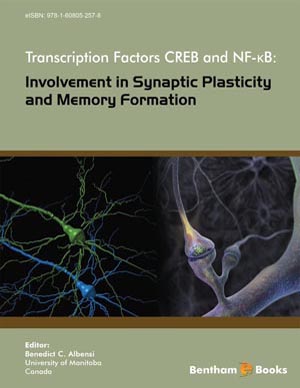Abstract
Social instincts need an exchange of messages. In animals, real or imaginary heard signals act as instinctive drives to trigger a behavioral response (flight, attack). In men, the labels of real or imaginary heard sequences of phonemes are words and words act as instinctive drives to utter other words. Real or imaginary speeches allow long term strategies.
A man can learn and recognize about 40 phonemes and less than 104 words (when modern dictionaries quote 104 words). The output of a word device is used as a partial instinctive drive. The total drives result from a fluctuating mosaic of partial drives, a word calls for another word. Sentences are seldom stored in a long term memory, but compacted in a short-term memory. Primary words are related to motor behaviors. Others are abstract concepts related to primary words or abstractions built from abstractions. They allow the bottom-up building of long term strategies. Their results are evaluated by downward imaginative tests. The frontal cortex confronts the immediately most pleasant behavior (insulting my boss) and the long term most pleasant one, explaining how works self-control. Mechanisms of language explain fiction, creativity and rational thinking. In dog as in man, another complex motosensorial device governs complex motions. Simple motions play the same part that phonemes, simple actions replace words and complex actions replace sentences. Combining language and complex motions, man becomes able to conceive new actions, to invent and use tools. Human consciousness is possibly related to the imaginative working of these two moto-sensorial devices. Then, dog’s consciousness would be related to its imaginative motions.
Keywords: Abstract concepts, action, complex motions, consciousness, cortex, creativity, fiction, imaginative trials, imagination, language, phonemes, rational thinking, self awareness, self-control, sentences, social instincts, strategies, thought, tools, words.















